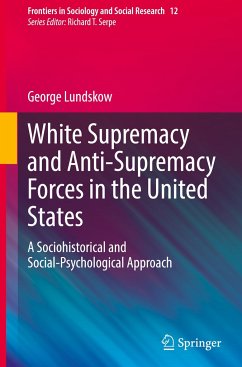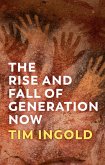This book applies the most recent research in social psychology to decisive historical events that arguably built white supremacy as a cultural force, institutional system, and dominant social character. Simultaneously, the discussion considers the progressive counter-forces that have and continue to challenge white supremacy, and how this dialectical battle has brought the United States to the polarizations of the present day. The book builds a four-part argument. First, it considers the origins of white supremacy in the United States, and how some people uphold it today. Second, it discusses personality types that find white supremacy appealing. Third, it lays out the sociohistorical patterns that promoted white supremacy, rewarded people who practiced it, and created generations of people who find meaning and comfort in racist, misogynist, and heteronormative domination. Fourth, it discusses the social counterforces that challenge white supremacy and links these to personality types as well.
Overall, the book examines how social character correlates with differing personality types, resulting in very different social movements, cultural expressions, political activities, and daily interactions.
Overall, the book examines how social character correlates with differing personality types, resulting in very different social movements, cultural expressions, political activities, and daily interactions.








